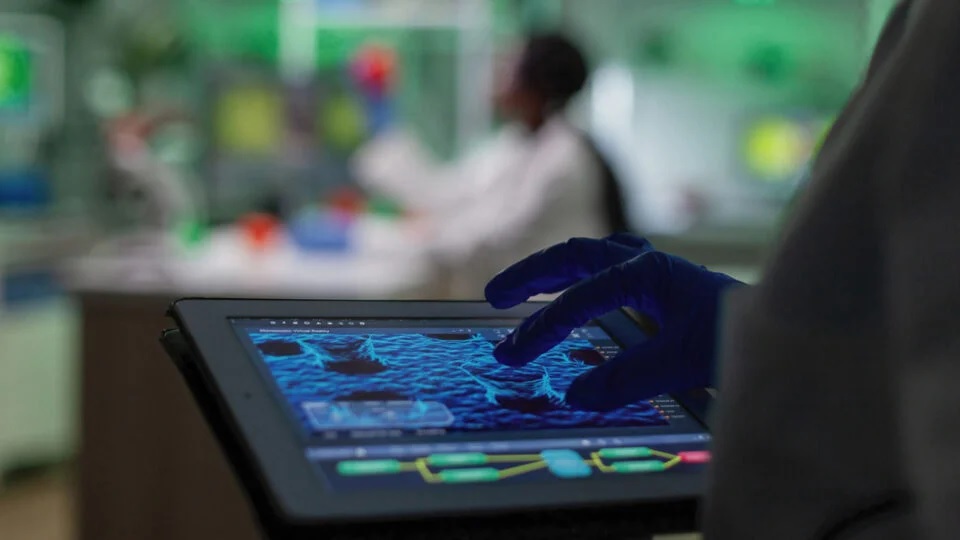
The healthcare sector is undergoing rapid transformation, driven by a deeper understanding of patient needs and the adoption of cutting-edge technologies. At the forefront of this evolution are digital biomarkers and AI/ML, which serve as critical enablers of next-generation healthcare solutions. This paper examines the historical development, impact, and future trajectory of these technologies to explore how they are reshaping the modern healthcare ecosystem.
The Evolution of Biomarkers in Healthcare
Traditionally, biomarkers have played a crucial role in diagnosing diseases, predicting their progression, and evaluating treatment responses. Conventional biomarkers, such as blood tests and imaging, paved the way for the digital evolution of healthcare.
Digital biomarkers utilize technology for real-time data collection and analysis, offering more dynamic insights into health trends. With the widespread adoption of wearable devices and mobile health apps, digital biomarkers are becoming essential tools in patient care, revolutionizing how health professionals monitor and manage individual well-being.
AI/ML and the Future of Biomarker Innovation
AI/ML Transforming Healthcare
AI and ML are driving innovation in biomarker discovery, enabling healthcare professionals to analyze vast datasets efficiently. These technologies identify subtle patterns in data that might be missed through manual analysis, accelerating breakthroughs in healthcare.
Machine Learning in Biomarker Identification
Machine learning algorithms process digital biomarker data to uncover disease-specific patterns. Studies show that AI can detect early signs of cardiovascular issues from wearable device data, allowing quicker diagnoses and timely interventions.
Real-World Applications
Beyond biomarker identification, AI/ML contributes to drug discovery by streamlining research processes. Pharmaceutical companies use AI-powered biomarkers to optimize patient selection for clinical trials, improving trial efficiency and accelerating drug development.
Implications for Healthcare Delivery
Personalized Patient Care
The fusion of digital biomarkers with AI/ML facilitates personalized care, tailoring treatments to individual patient needs in real time. This approach is especially valuable in managing chronic conditions, where continuous monitoring enables proactive interventions and better health outcomes.
Data-Driven Decision Making
Integrating digital biomarkers into EHRs enhances decision-making by providing healthcare providers with actionable insights. With access to real-time data, clinicians can make proactive care decisions, improving patient satisfaction and reducing healthcare costs by minimizing complications and hospitalizations.
To Know More, Read Full Article @ https://ai-techpark.com/digital-biomarkers-ai-ml/
Related Articles –
Top Five Open-Source Database Management Software
Impact of AI Ethics on C-suites
Trending Category – Mental Health Diagnostics/ Meditation Apps